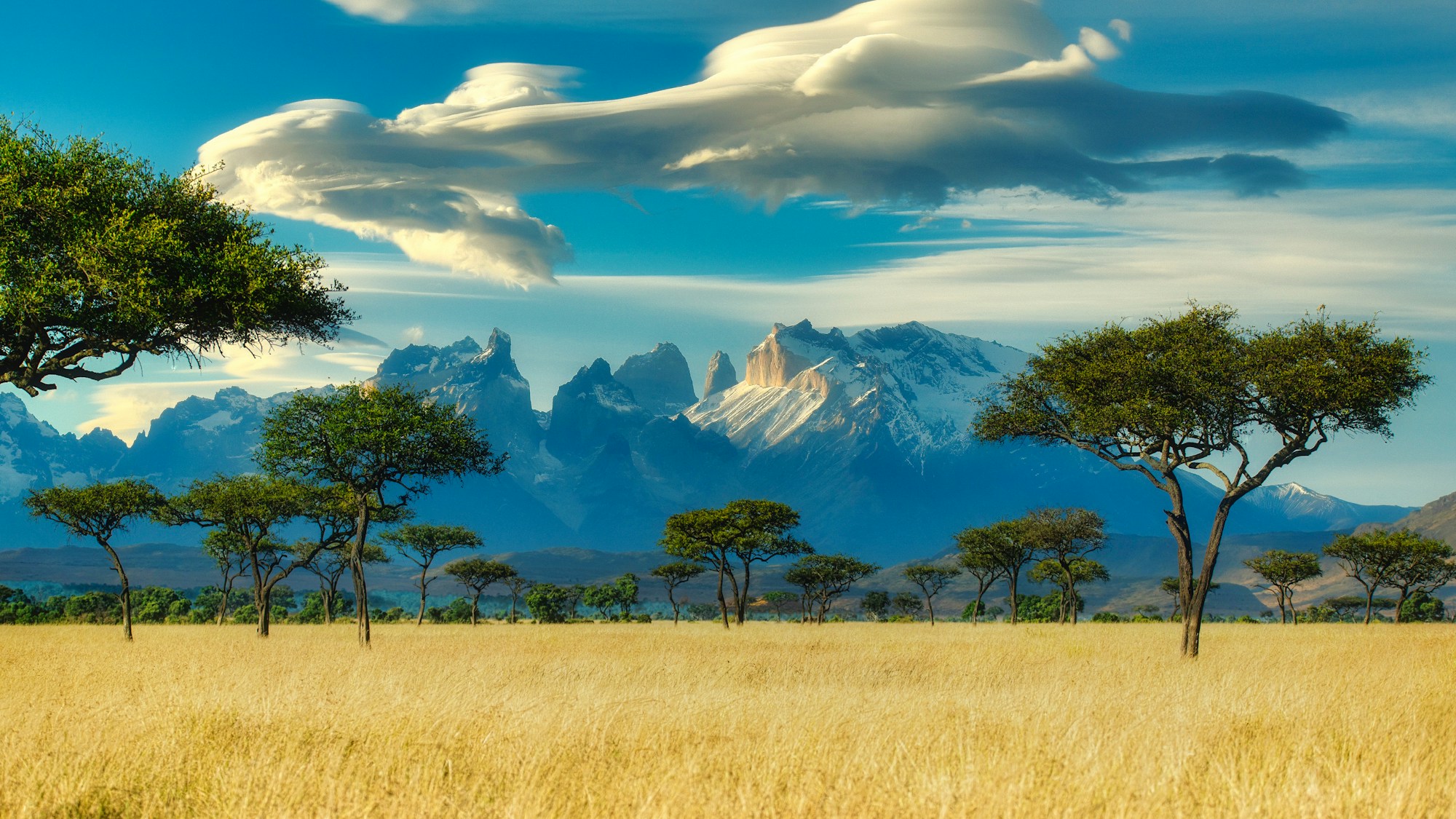Kenya: Cultural Guide to History, Traditions, Festivals

Kenya: Cultural Guide to History, Traditions, Festivals
Introduction
Kenya, located on the eastern coast of Africa, is a country rich in cultural heritage and natural beauty. Known for its diverse landscapes, including expansive savannahs, beautiful beaches, and snow-capped mountains, Kenya offers visitors a unique and unforgettable travel experience. The country is home to over 40 ethnic groups with distinct traditions, making it a fascinating destination for cultural exploration.
History
The history of Kenya dates back thousands of years. The region was inhabited by hunter-gatherer communities before the arrival of Bantu-speaking tribes. Arab and Persian traders established trade routes along the coast, bringing Islam to the region. In the 19th century, European colonial powers, particularly the British, gained control over Kenya. The country gained independence in 1963, marking the beginning of a new era.
Traditional Cultures
Kenya is known for its rich diversity of traditional cultures. Each ethnic group has its own unique customs, language, and way of life. The Maasai people, famous for their distinctive clothing and beadwork, still adhere to their traditional semi-nomadic lifestyle, herding cattle across the vast grasslands. The Kikuyu are the largest ethnic group in Kenya and are known for their agricultural practices. Visitors can immerse themselves in these cultures by visiting local villages, participating in traditional ceremonies, and learning about their traditions and beliefs.
Art and Crafts
The artistic traditions of Kenya are diverse and vibrant. The country is known for its intricate wood carvings, beaded jewelry, colorful textiles, and basketry. Maasai beadwork is particularly famous, with its intricate patterns and bright colors. Visitors can explore local markets and art centers to purchase unique handmade crafts and support local artisans.
Music and Dance
Music and dance play a significant role in Kenyan culture. Traditional music is characterized by rhythmic beats, intricate melodies, and energetic dancing. The drum, xylophone, and traditional stringed instruments like the nyatiti and orutu are commonly used in performances. Visitors can attend traditional music and dance shows, known as "ngomas," where they can witness the electrifying energy and skill of Kenyan performers.
Festivals
Kenya celebrates a variety of vibrant festivals throughout the year. One of the most famous festivals is the Maasai Mara Cultural Festival, which showcases Maasai traditions, including music, dance, and warrior competitions. The Lamu Cultural Festival, held on the island of Lamu, highlights Swahili culture with dhow races, traditional dances, and street parades. Other notable festivals include the Maralal Camel Derby, the Lake Turkana Festival, and the Bomas of Kenya Festival.
Food
Kenyan cuisine is influenced by a combination of indigenous traditions, Arab, Indian, and European flavors. Staples of Kenyan cuisine include ugali (a cornmeal porridge), sukuma wiki (collard greens), nyama choma (grilled meat), chapati (flatbread), and pilau (spiced rice). Visitors can savor these delicious dishes at local restaurants and street food stalls, where they can experience the authentic flavors of Kenyan cuisine.
National Parks and Wildlife
Kenya is renowned for its exceptional national parks and wildlife reserves, offering visitors the opportunity to witness Africa's iconic wildlife up close. The Maasai Mara National Reserve is famous for the annual wildebeest migration, where millions of animals cross the Mara River in search of fresh grazing. Other notable parks include Amboseli National Park, known for its large elephant herds, and Tsavo National Park, home to diverse wildlife and beautiful landscapes.
Beaches
Kenya's coastline along the Indian Ocean is dotted with stunning beaches and clear turquoise waters. The beach town of Diani is a popular destination, known for its white sandy beaches and water sports activities. Lamu Island, a UNESCO World Heritage Site, offers a tranquil and idyllic setting with its Swahili architecture and pristine beaches. Visitors can relax, swim, snorkel, or take boat trips to explore nearby marine reserves.
Conclusion
Kenya, with its rich cultural heritage and natural wonders, offers visitors an unforgettable experience. From immersing oneself in traditional cultures to exploring breathtaking landscapes and encountering diverse wildlife, Kenya truly has something for everyone. Pack your bags, embark on an adventure, and discover the beauty and vibrancy of this remarkable country.
